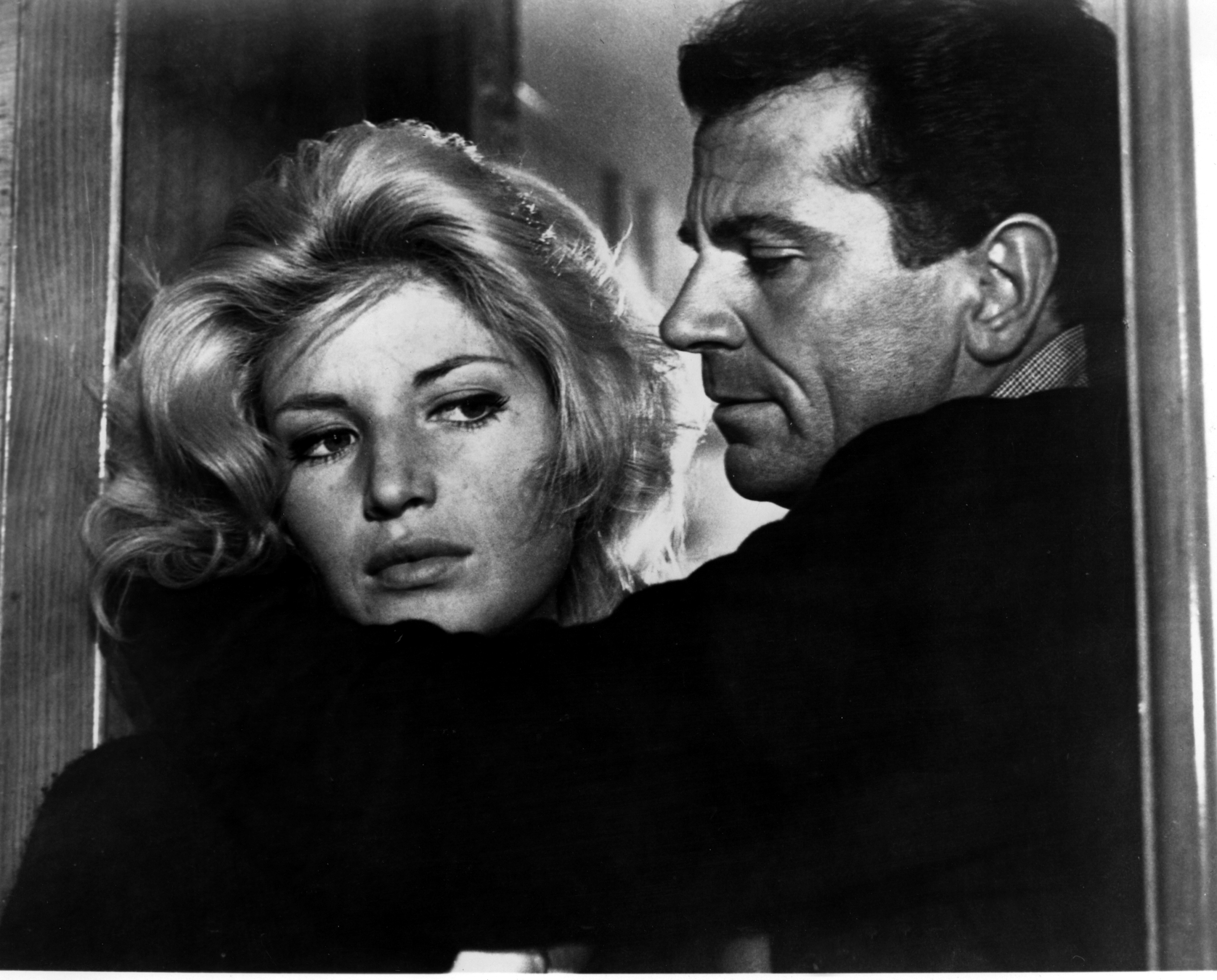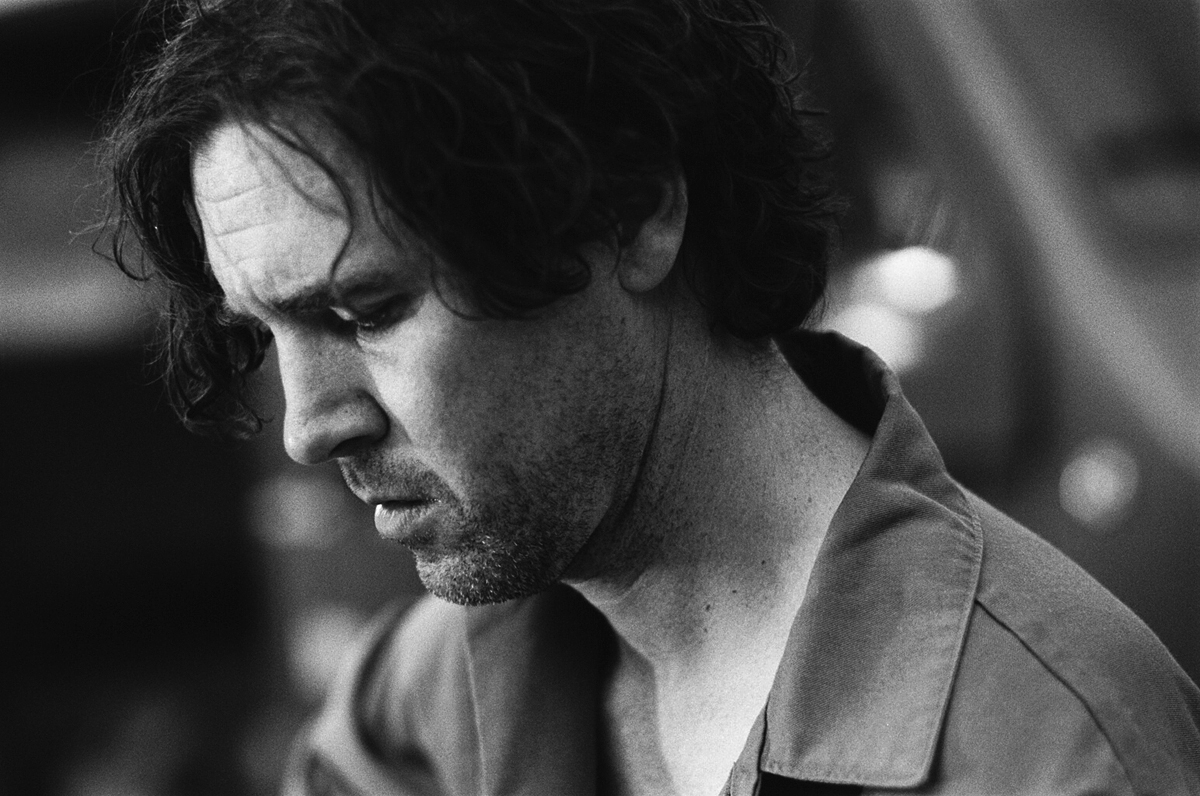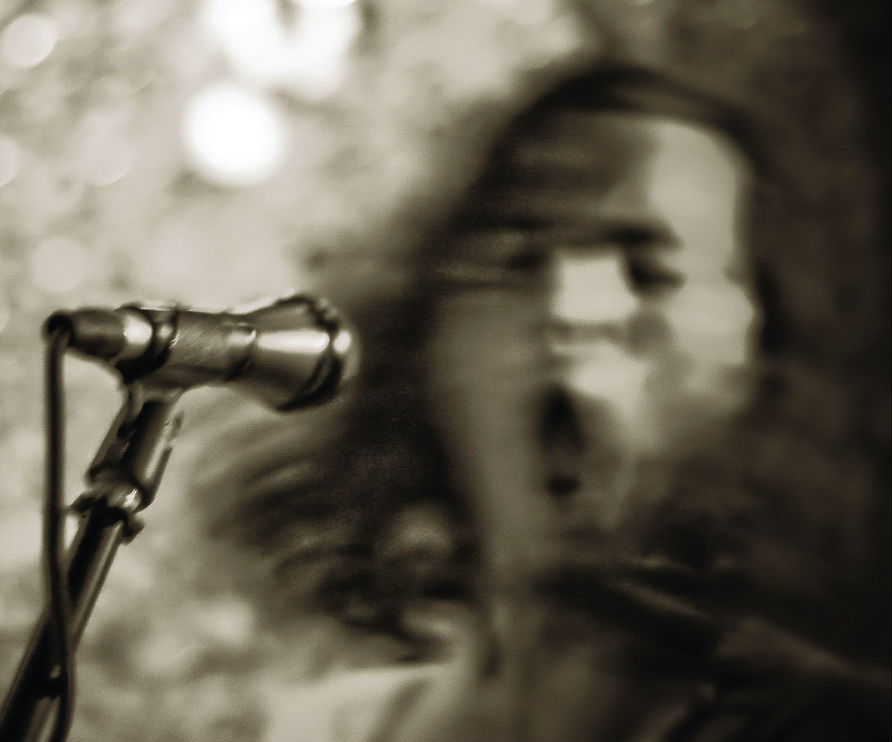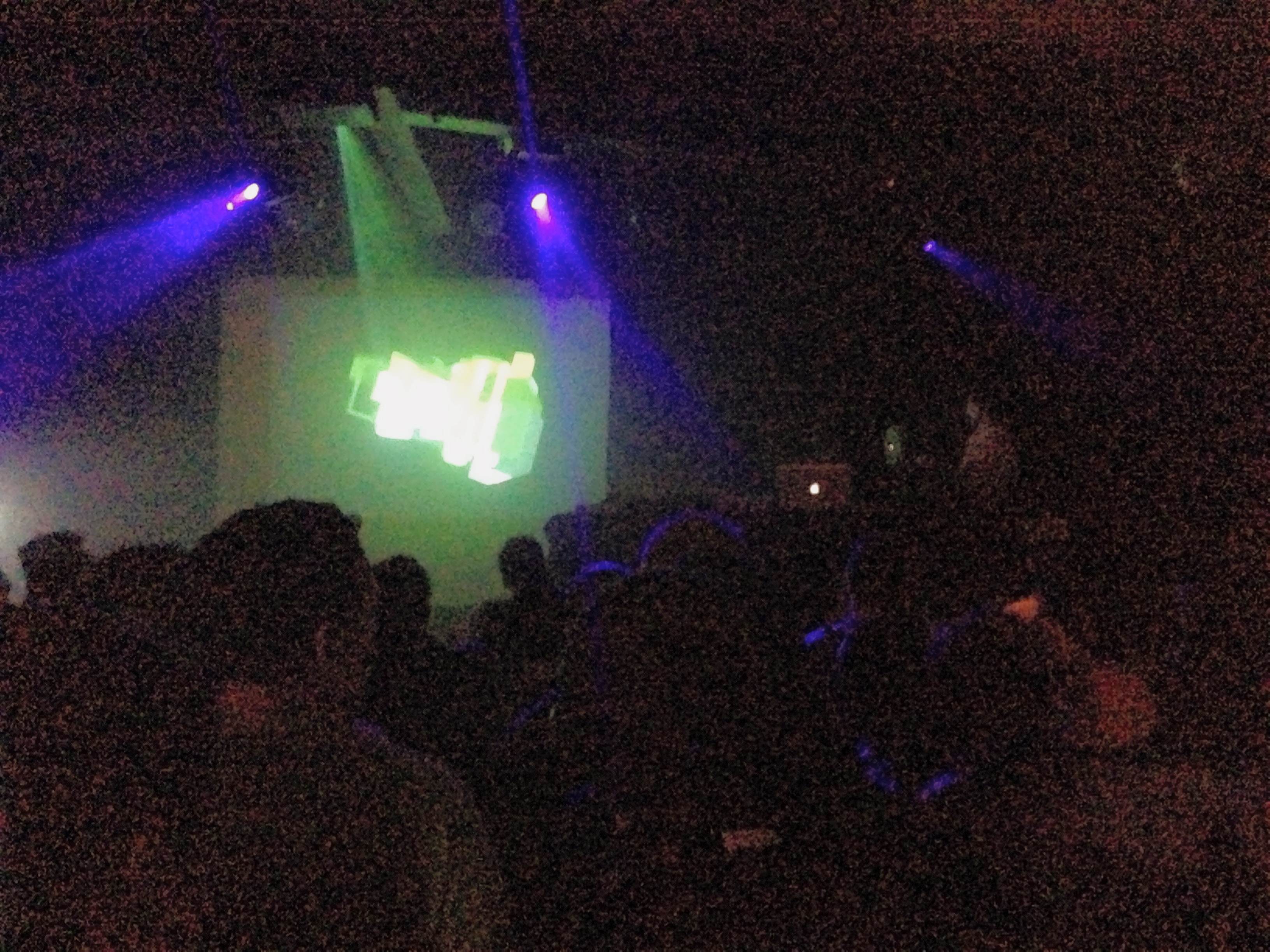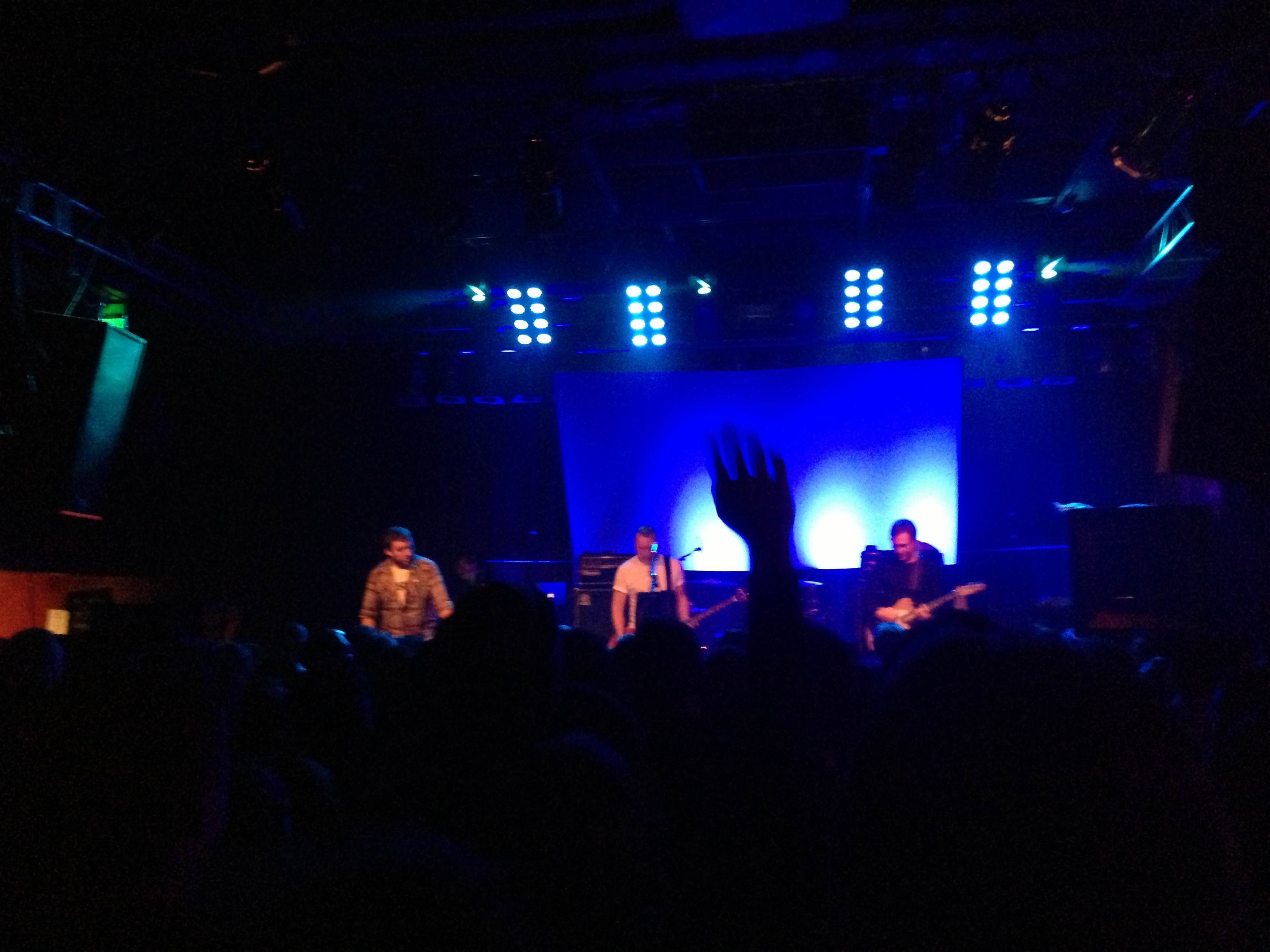In music, humor is often ephemeral. This is obviously true of music-based comedy, where bands like Flight of the Conchords and The Lonely Island have quickly gone from relevant memes to pop-cultural footnotes, but it also holds for bands who incorporate humor into their music.
For whatever reason—the incessant grind of touring and releasing new material, the existential dread of aging—bands who start with a sense of humor tend to lose it over time. Consider Vampire Weekend’s transformation from cheeky collegians to world-weary rock stars over the course of three albums, or the gradual maturation of irreverent pop-punk bands like Green Day and Blink-182 as, respectively, they discovered politics and stopped writing songs about being young, dumb, and bored. At the same time, though, if a band is too funny for too long (like, say, They Might Be Giants), it runs the risk of being categorized in the popular consciousness as one of those comedy first/music second novelty acts.
Humor, then, is risky, but can bear rewards as well: When staid self-seriousness has become the indie-rock norm, it can help a young band stand out. That’s the case with Chastity Belt, an act whose most salient attribute is levity, as is evident in its song titles (“Nip Slip,” “Giant Vagina”), its lyrics, and the intentional typo in the name of its recently released debut, No Regerts—an expert example of the band’s self-effacing wit. It’s even there in the band’s press photo—a shot of the group in floral-print dresses, with singer/guitarist Julia Shapiro lifting her skirt to reveal a literal chastity belt fashioned from some chain, a padlock, and a steak.
Bands with Chastity Belt’s sound—melodic, mellow, guitar-led pop—usually aren’t very funny. That, along with some sharp songwriting and perhaps the unexpected dissonance of an all-female group singing loudly and plainly about drunkenness and sex, has made them one of Seattle’s most talked-about bands. The group has received reams of national press, including a gaudy 7.5 review from Pitchfork. This month, the band will embark on their first national tour. But as Chastity Belt’s popularity grows, it’s engaged in a balancing act of sorts between the public’s expectations of a national touring band and the devil-may-care ethos that made them so compelling in the first place.
That balancing act was on display at the late-August release show for No Regerts. The band took the stage at Barboza, and, without a word to the audience, launched into “Pussy Weed Beer,” a late cut from its debut. As in many Chastity Belt songs, the music contradicted the title’s party-happy abandon. The guitars were clean, not overdriven, led by sunny, syncopated chords rather than furious strumming. Gretchen Grimm’s drumming was light and loose. Most tellingly, the four-piece’s behavior onstage was somewhere between relaxed and catatonic; with the exception of some slight, rhythmic bobbing, they scarcely moved. The set continued in this manner, and after 10 or 12 songs, the show was over. Compared to the bands that preceded them—no-wave sax-punks Stickers, bouncy pop-rockers Dude York, and Ubu Roi, a dudely bunch who’d seem the likeliest to write a song about sex, drugs, and alcohol—it was easily the lowest-energy set of the night.
It was also the most precise. If subdued onstage, Shapiro and her bandmates were workmanlike, polished, and professional—relatively new descriptors for a band that originated playing sloppy sets at eastern Washington house parties and whose songs center largely on getting wasted, having sex, and having sex after getting wasted. This tightened-up, solemn live show is a relatively new look for Chastity Belt, but according to the band members, they haven’t lost their sense of humor. “I hope I never take myself super-seriously,” Shapiro says.
A week before the Barboza show, I talked to Shapiro, Grimm, and guitarist Lydia Lund at the Capitol Hill bar where Shapiro works. In conversation, they display the same natural camaraderie that they do onstage. They glance at one another before answering my questions, and their answers often dissolve into spirited tangents about the band’s history. They’re close friends first and bandmates second, a relationship Shapiro’s philosophy seems to bear out.
“The point of playing music is to have fun with it,” she continues. “That’s the point right now. You want to enjoy it. That’s not to say that you can’t take what you do seriously, too, but it’s serious about having fun.”
Chastity Belt’s roots are in this sort of carefree spirit. The four—Shapiro, Grimm, Lund, and bassist Annie Truscott—met as students at Whitman College in Walla Walla, and formed the group as an excuse to play at parties. Early Chastity Belt shows, many of which took place in Whitman’s “ridiculous” frat-party scene, were riotous, half-remembered affairs. When both the band and the audience were drunk, nuance was difficult and undesirable.
“It was kind of a joke,” Shapiro says. “But then we played three or four shows in Seattle and they were really well-received, and we thought ‘Hey, we could actually do this; it doesn’t just have to be a joke.’ ”
Those first Seattle shows, organized by fellow Whitman expatriates Dude York, led to Shapiro and Lund’s permanent move to Seattle in the summer of 2012. Grimm and Truscott joined them soon after, and the relocation immediately sharpened the group’s focus. “Moving to Seattle, I think one of the most valuable lessons we learned was how much easier it is to play music when you’re not really drunk,” Grimm says. “It’s so crazy.” After the move, opportunities to play live abounded. The bandmates estimate they’ve played three to four shows per month over the past year or so, and all that experience has dramatically improved how they perform.
Most important, Seattle changed how the band wrote songs. “We didn’t have to think about what a song would sound like at a frat party or something,” Shapiro says.
This led to more contemplative fare like “Seattle Party,” the first single from No Regerts and one of the record’s best tracks, alongside more meditative ones like “Happiness” and “Black Sail,” the group’s most popular song. A mid-tempo, somber ballad, it’s more torch song than punk song, and its earnestness wears on Shapiro.
“Sometimes it’s kind of painful singing ‘Black Sail,’ ” she says. “I’m just not in the mood. It’s just really sentimental or something, and sometimes it just seems really weird to sing. I like the song and everything, but for me, songs that are lighter are way more fun to play live. I don’t know, maybe that’s just where I’m at right now.”
More often Shapiro’s songwriting is both dryly acerbic and painfully direct. A good example is the chorus of “James Deen.” Apropos for a song named for a porn star, Shapiro bellows, “Oh boy, when I fuck you, you make me feel like a prostitute.” No Regerts is full of such moments—lyrics that could scan as confessional, but are actually crassly deadpan. Though so brazen in her songs, Shapiro is soft-spoken, even demure, in person, and doesn’t have much to say about the genesis of her songwriting.
“My sense of humor is kind of crass, so I guess that’s why my music is like that,” she says. “That just goes along with not taking things super-seriously and having fun with it.”
This central dichotomy—skillfully written songs whose flippant, vulgar humor might make them seem carelessly tossed-off—makes Chastity Belt a difficult group to parse. It’s tempting to assume that the personality it projects on record is at least somewhat a put-on. But Sam Mouser and Jake Muilenburg, whose upstart label Help Yourself Records released No Regerts, insist there’s no artifice to the music. “It’s earnest, but not in a weepy sort of way,” Muilenburg says. “They’re not being earnest about sappy things. The band is them, and they are the band.”
music@seattleweekly.com
THE HIGHLINE 210 Broadway Ave. E., 328-7837. $7. 9 p.m. Sat., Oct. 5.
